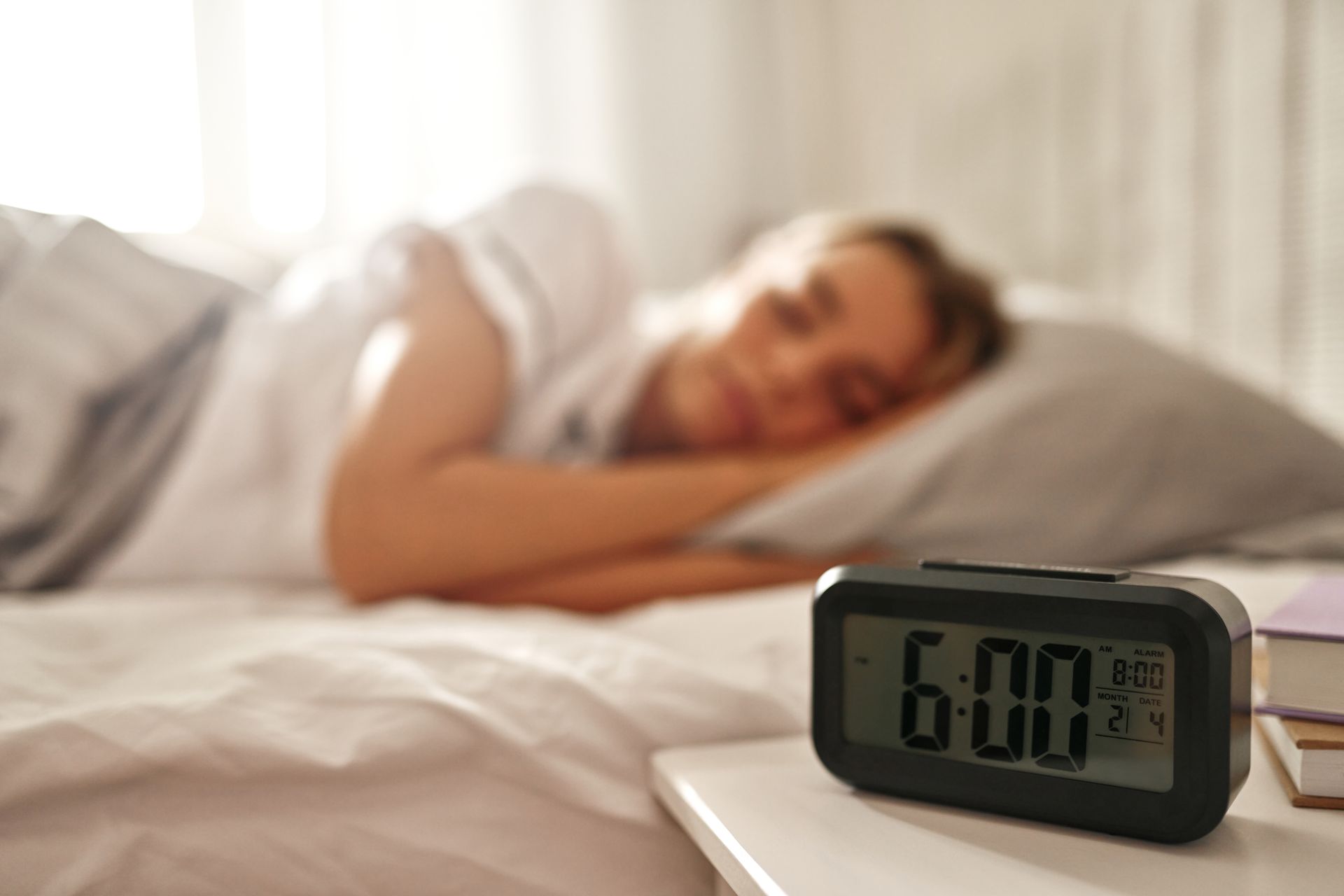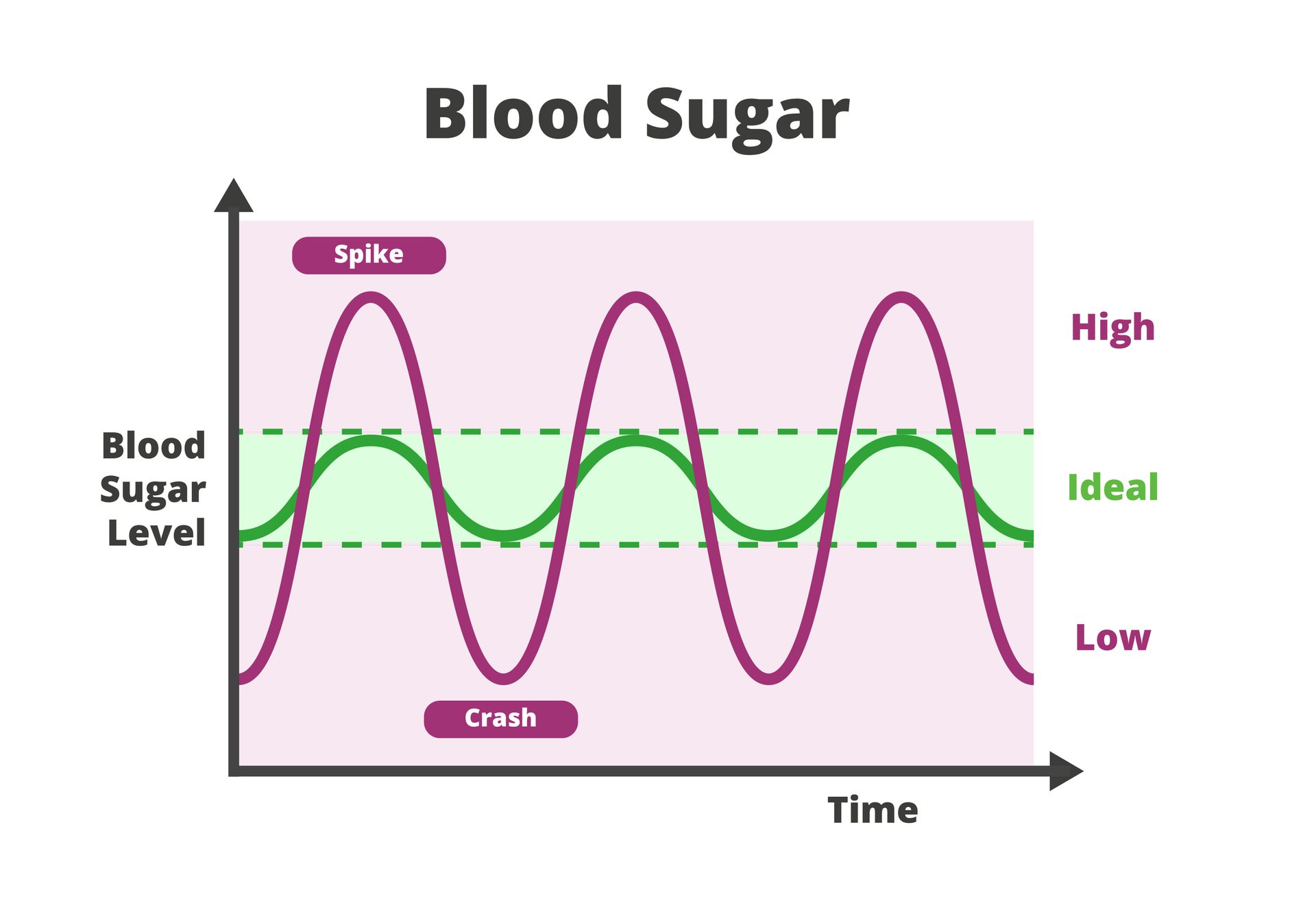Recent Posts
Why Sleep Habits Are a Bigger Part of Primary Care Than You Think

When we think about visiting a primary care doctor, most of us expect to talk about our weight, blood pressure, cholesterol, or maybe an achy knee. But there’s one area that’s often overlooked by both patients and providers despite its importance for overall health and well-being: your sleep habits.
Sleep isn’t just about feeling rested. It plays a critical role in your physical and mental health. Research continues to reveal just how deeply sleep affects everything from heart health to immune function, and primary care doctors are paying more attention to how—and how well—you sleep.
Why Sleep Matters More Than You Think
Sleep is your body’s time to repair, restore, and regulate essential systems. When sleep is consistently disrupted or poor in quality, it can affect nearly every part of your health.
Here are just a few key ways:
- Cognitive Function: Lack of sleep impairs memory, focus, and decision-making.
- Heart Health: Poor sleep is linked to high blood pressure, heart disease, and stroke.
- Metabolism and Weight: Inadequate sleep alters hunger hormones and increases cravings.
- Mood and Mental Health: Increases the risk of anxiety, depression, and mood swings.
- Immune System: Poor rest weakens your immune response, increasing illness risk.
If your sleep is off, a lot of other things can go wrong—and often in ways you might not immediately connect to your nighttime habits.
Signs You May Not Be Sleeping as Well as You Think
One of the trickiest things about sleep issues is that people don’t always recognize them. You might think you’re getting enough rest because you’re in bed for eight hours, but sleep quality matters just as much as quantity.
Common signs of poor sleep include:
- Daytime fatigue even after a full night in bed
- Morning headaches or sore throat (a sign of sleep apnea)
- Irritability or mood swings
- Difficulty concentrating or remembering things
- Unexplained weight gain or trouble losing weight
- High blood pressure or elevated blood sugar levels
These symptoms may be subtle, but they can indicate deeper sleep disturbances your doctor can help identify.
What Your Primary Care Doctor Can Do
Your primary care provider (PCP) is in a unique position to detect the ripple effects of poor sleep before they become bigger issues. That’s why evaluating sleep is becoming a more routine part of wellness checkups.
Asking the Right Questions
During a physical or routine visit, your doctor might ask:
- How many hours of sleep do you get?
- Do you wake up feeling rested?
- Do you snore or struggle to fall asleep?
These questions can reveal patterns and open the door to more targeted care.
Spotting Patterns in Your Health
PCPs track your health over time and can connect the dots between:
- Gradual weight gain
- Rising blood pressure
- Shifting blood sugar levels
These trends may be linked to unrecognized sleep problems.
Ordering Sleep Studies or Screenings
If your doctor suspects sleep apnea or another disorder, they may recommend:
- A sleep study
- Home monitoring devices
These tools help diagnose issues like restless leg syndrome, disrupted breathing, or sleep cycle disorders.
Offering Guidance and Treatment
If lifestyle factors are interfering with your sleep, your PCP may recommend:
- Better sleep hygiene habits (e.g., regular bedtime, no screens)
- Diet and exercise adjustments
- Short-term use of sleep aids or specialist referrals if needed
Simple changes can often yield big results with the right support.
Many People Don’t Realize They Have Poor Sleep
Sleep disorders like sleep apnea, insomnia, or chronic stress-related disruption often go undiagnosed. Why? Because people get used to feeling tired or don’t realize their symptoms are linked to poor rest.
Your PCP can identify hidden links between:
- Irritability
- High blood pressure
- Mood changes
- Weight fluctuations
and guide you toward real, restorative sleep that supports better overall health.
Sleep Is Preventive Medicine
Just like a healthy diet or regular exercise, good sleep is a pillar of long-term health. Prioritizing it—with the help of your primary care provider—can:
- Prevent chronic conditions
- Improve mood and mental clarity
- Boost your energy and immunity
- Improve your overall quality of life
Let Our Houston Primary Care Doctors Help You Sleep Better and Live Better
Whether you’re struggling with daytime fatigue, battling restlessness at night, or simply want to be sure your sleep supports your health goals, our Houston-based PCPs are here to help.
Don’t wait until poor sleep starts affecting your body and mind.
Schedule your visit with
St. Hope Healthcare today by calling
(713) 778-1300.









